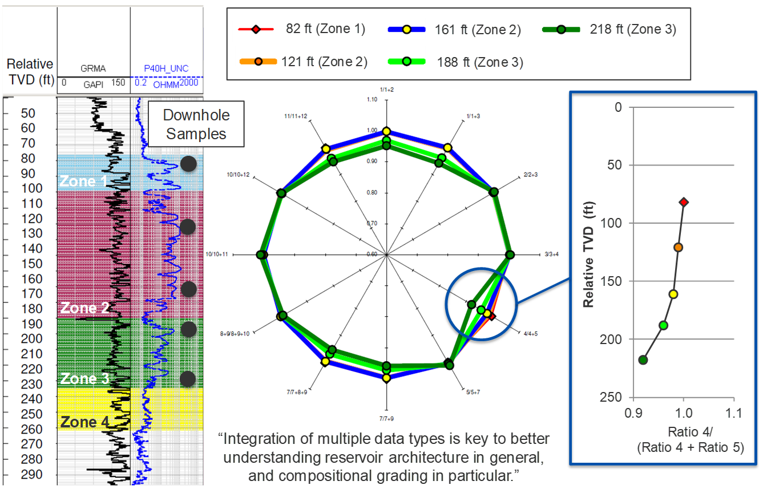Module 6: Conventional Reservoir Geochemistry
Petroleum Geochemistry: Conventional Reservoir Geochemistry
Learning Objectives:
- Reasons for differences in fluid compositions
- How reservoirs are filled and mix
- Shell, BP models
- Paragenetic history/Fluid inclusions as means of determining reservoir filling history
- Compositional grading – methods and examples
- Reservoir connectivity and compartmentalization – methods and examples
- Estimating fluid residence times
- Effects of in-reservoir alteration on petroleum - biodegradation theory and examples, water washing, phase separation, tar mats, fluid contacts
- Fluid properties prediction
- Non-hydrocarbon gases introduction
- Solids problems; e.g., wax, asphaltenes, soaps, hydrates
- Production Monitoring and Allocation
- Complementary inorganic geochemical methods
Contact us to find out how we can tailor this module for you and your team
Email our training teamVisit our partner Knowlah to access the course material and learn at your own pace
www.knowlah.com